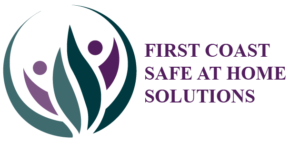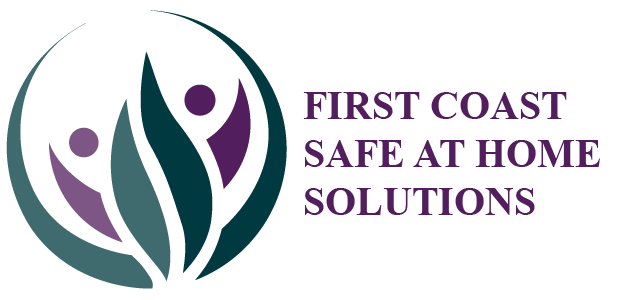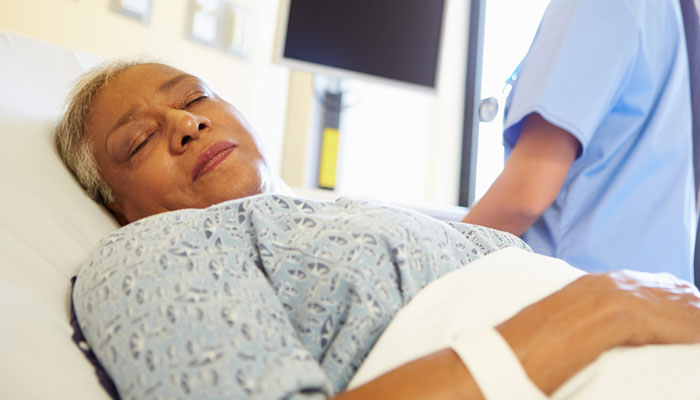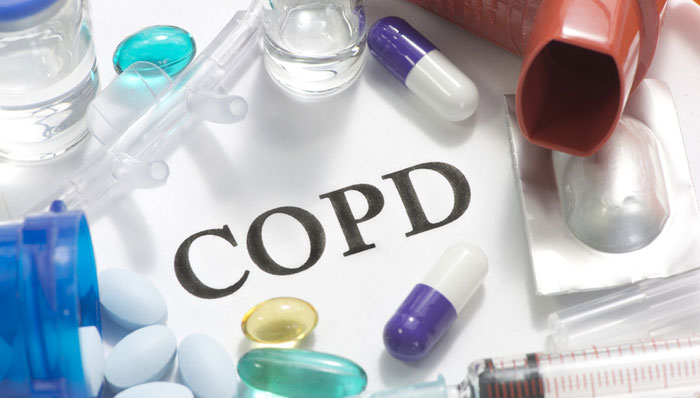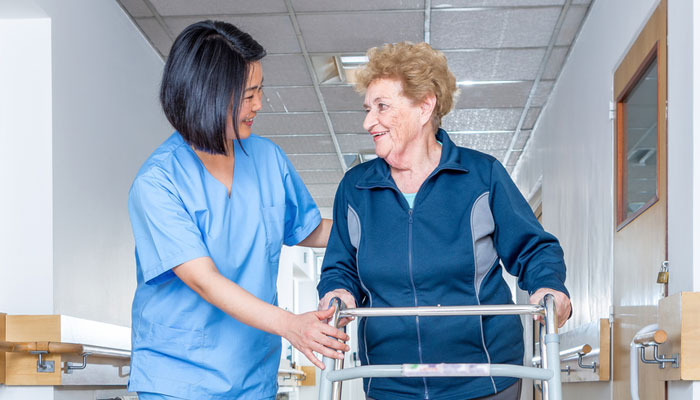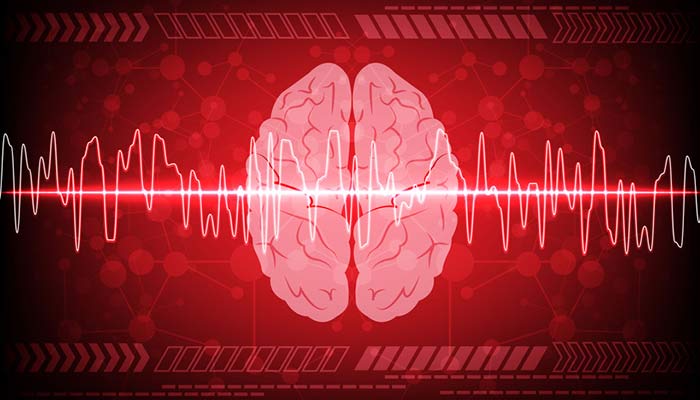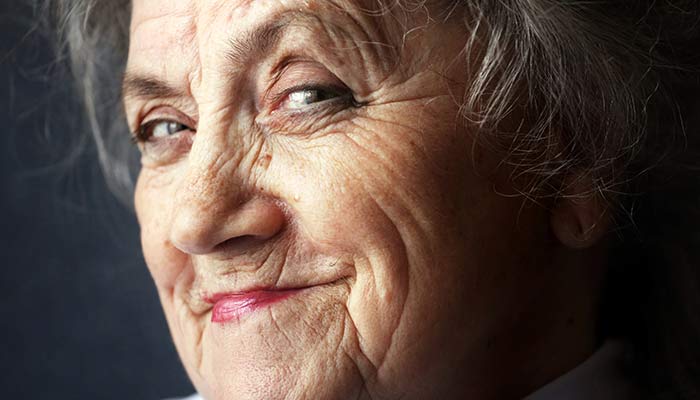If making it to the bathroom in time is a frequent concern for your relative, they may have an overactive bladder. More than 33 million Americans contend with this condition, in which misfiring nerves cause the bladder muscles to contract involuntarily. Your loved one may be too embarrassed to bring it up with the doctor, or even with you. But it should be checked out. It’s not a “normal” part of aging. Overactive bladder (OAB) is a real and treatable medical condition. And you certainly want to be sure it’s not something else.
The basic symptoms of OAB include an urgent need to urinate more than eight times in a day and/or more than once or twice a night.
Many people let incontinence worries run their lives. They stay close to home for fear of accidents. They withdraw from social activities, dreading they have an odor from leaks. They may become anxious or depressed. And multiple nighttime trips to the toilet can result in insomnia and fatigue, bringing on more depression.
